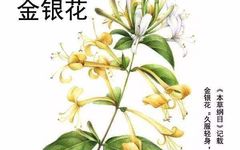
Honeysuckle (Jin Yin Hua)
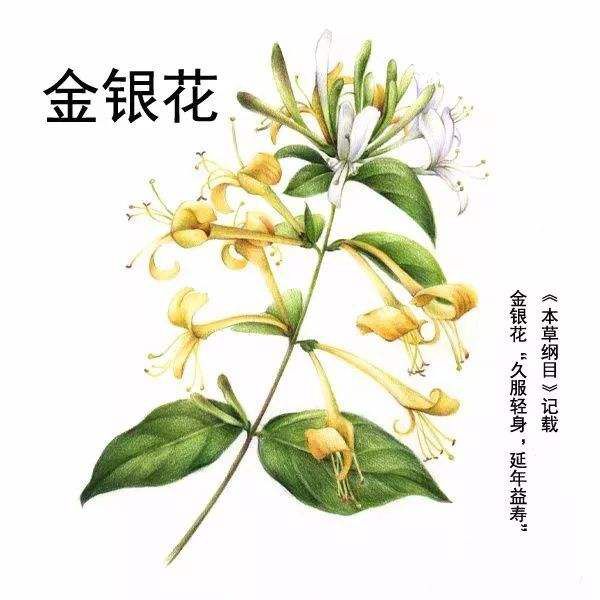
Honeysuckle, known as Jin Yin Hua, is a traditional Chinese medicinal herb listed in the “food-medicine homology” category. It is derived from the dried flower buds or newly opened flowers of the perennial semi-evergreen woody plant Lonicera japonica Thunb, belonging to the Caprifoliaceae family. Honeysuckle is native to mainland China and is widely distributed in most northern provinces, with major production areas including Julu in Hebei, Pingyi in Shandong, and Fengqiu in Henan. There are several cultivated varieties of honeysuckle in the market, including Ju Hua No. 1, Da Mao Hua, Shuxing Sijihua, Bei Hua No. 1, Jiu Feng No. 1, Yu Feng No. 1, and Jin Hua No. 3. Honeysuckle is known for its ability to clear heat and detoxify, and has been praised since ancient times as an excellent remedy for clearing heat and detoxifying, earning it the nickname “Chinese herbal antibiotic.”1. Components and Efficacy of Honeysuckle
With in-depth research by scholars both domestically and internationally, it has been found that honeysuckle contains organic acids, triterpenoids, flavonoids, iridoids, alcohols, and various trace elements. In terms of pharmacological activity, modern medical studies have shown that honeysuckle has antipyretic, anti-inflammatory, lipid-lowering, liver-protective, antioxidant, broad-spectrum antibacterial, antiviral, and immune-regulating effects. Clinically, it is widely used for wind-heat colds, various infections and inflammations, heat-toxicity dysentery, carbuncles, erysipelas, and throat obstruction.
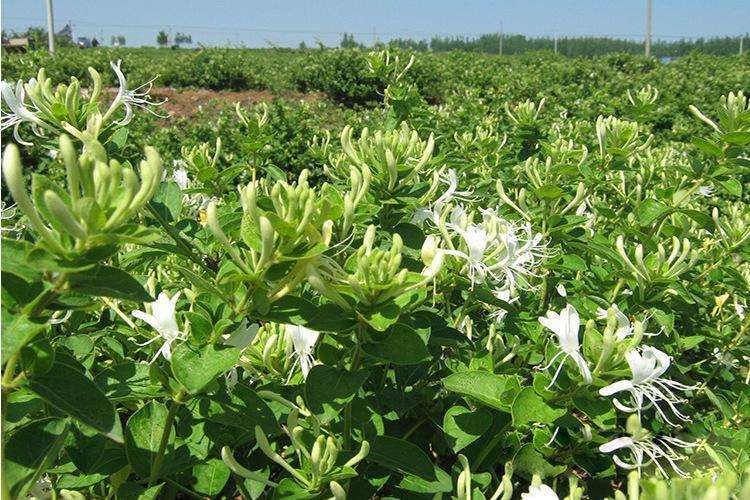
2. Identification of Honeysuckle
Honeysuckle serves both as a medicine and a food, commonly consumed as a health tea in daily life due to its fragrant and palatable taste. When purchasing, one can identify its quality based on appearance, color, aroma, and taste. The flower buds of honeysuckle are generally rod-shaped, thicker at the top and thinner at the bottom, slightly curved, measuring 2-3 cm in length, with a surface that is yellow-white or green-white, densely covered with short soft hairs, emitting a clear fragrance, with a mild and slightly bitter taste.
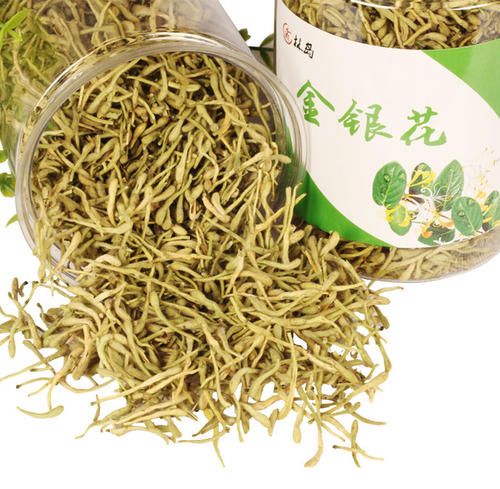
3. Storage of Honeysuckle
When storing honeysuckle, it is important to avoid light, moisture, gas exchange, heat sources, and odor contamination. Light can cause moisture evaporation, so honeysuckle should be packaged in small bags and stored in the dark to prevent frequent opening, which can lead to the loss of fragrance. Honeysuckle should not be placed near sources of moisture and heat to prevent spoilage from humidity and heat exposure. Additionally, honeysuckle contains iridoids, which have a strong ability to absorb odors, and will quickly lose flavor if stored with odorous items.
4. Brewing Honeysuckle Tea
When brewing honeysuckle tea, it is recommended to rinse it with warm water 1-2 times to remove impurities and reduce pesticide residues. Then, use water at around 90°C to brew, covering it to prevent the fragrance from dissipating. It can be consumed after 5 minutes.
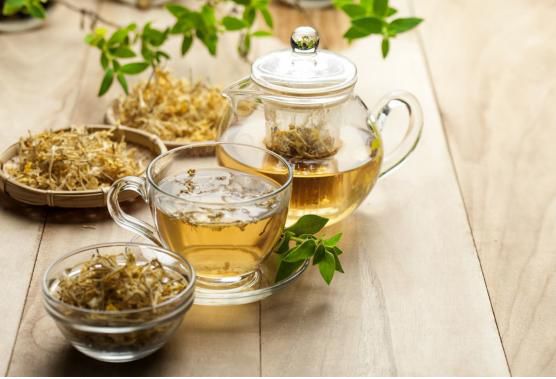
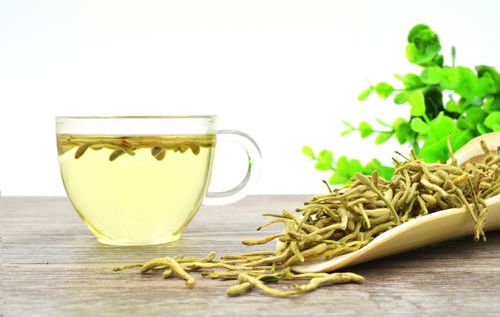 5. Special Health Teas with Honeysuckle
5. Special Health Teas with Honeysuckle
Honeysuckle can be combined with other medicinal and edible herbs to create health teas with various regulating effects. For example, 10g of honeysuckle, 20g of red dates, 3g of dried tangerine peel, 2g of licorice, and 10g of goji berries can be brewed to create a tea that clears heat and benefits the throat; 7g of honeysuckle, 5g of chrysanthemum, 5g of dandelion, 10g of goji berries, and an appropriate amount of rock sugar can be brewed to create a tea that has antibacterial and heat-clearing properties, nourishes yin, brightens the eyes, and quenches thirst. Honeysuckle can also be paired with jujube, rose, cassia seeds, honey, and other ingredients to prepare different tea drinks.
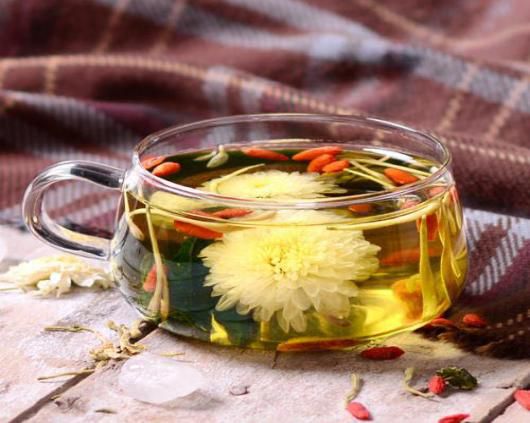
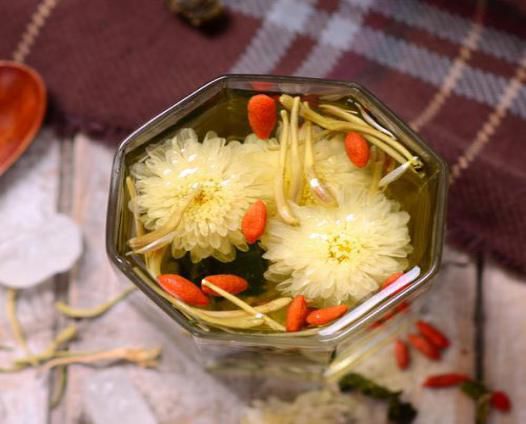 6. Precautions for Honeysuckle Tea
6. Precautions for Honeysuckle Tea
1.Honeysuckle is cold in nature and should not be consumed in excess. Taking a large amount at once may cause gastrointestinal discomfort; individuals with a cold and deficient constitution should avoid long-term use to prevent burdening the spleen and stomach.
2.Honeysuckle tea should not be consumed after it cools, as it may lead to diarrhea. It is best to drink honeysuckle tea while it is hot, brewed with boiling water, to fully utilize its medicinal properties and nutritional value.
3.Avoid drinking overnight honeysuckle tea, as spoiled honeysuckle tea can affect health.
4.Women should avoid consuming honeysuckle during menstruation to prevent menstrual irregularities and prolonged periods.
Source: Tianjin Agricultural Quality Standards and Testing Technology Research Institute, Zhao Linlin, Liu Zhenghui

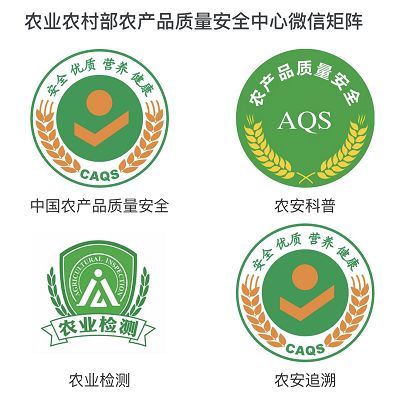

 Click “Read Original” to enter the WeChat matrix
Click “Read Original” to enter the WeChat matrix

